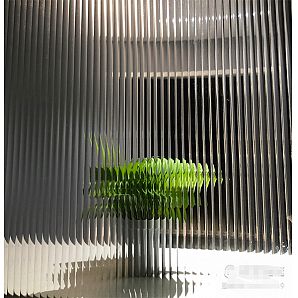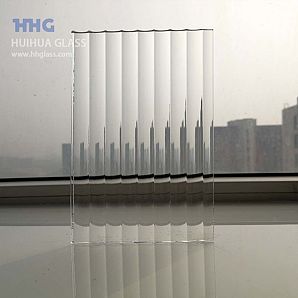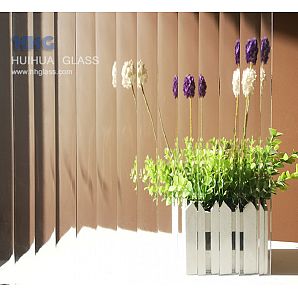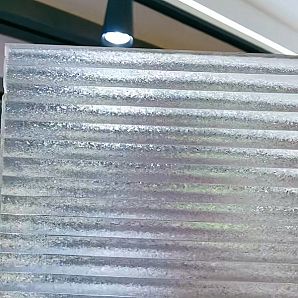How to Remove and Prevent Window Water Stains Caused by Condensation
If your home suffers from excessive condensation, you may be seeking ways to eliminate water stains on your windows. By employing home remedies and strategies to control humidity, you can both remove existing stains and prevent future ones, ultimately enhancing your home's overall quality.
Understanding Condensation
Condensation forms when water droplets accumulate on a cold surface. It often occurs when humid air comes into contact with windows. Unlike walls, which are usually insulated, windows can collect condensation, whether on the interior, exterior, or between panes. To effectively combat condensation, pinpoint the areas in your home where it occurs and take specific measures to mitigate it.
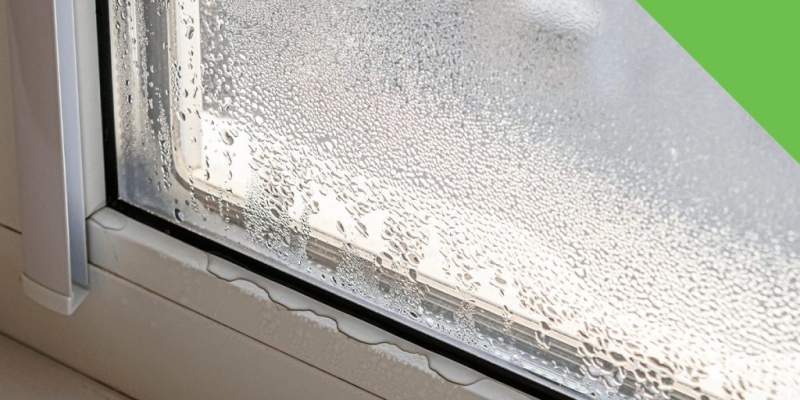
Why Condensation Occurs
To effectively prevent condensation, it's essential to comprehend why it develops in certain areas of your home. Whether it's due to deteriorated door seals or high indoor humidity stemming from inadequate ventilation, focus on both the interior and exterior of your house to identify potential causes of condensation.
Interior Condensation
Condensation frequently forms on the interior side of windows when warm, humid indoor air contacts cool glass surfaces. This phenomenon is particularly prevalent in the winter when the outdoor air is colder and drier than in other seasons. Activities such as cooking and showering can contribute to increased indoor humidity. Drafty doors or windows can exacerbate the problem due to loose seals and air infiltration. In such cases, replacing seals is crucial to retaining cool air and reducing interior condensation, as excess humidity can lead to mildew or mold growth.
Exterior Condensation
Exterior condensation typically occurs when humidity levels are elevated outside, particularly during the summer months. This can happen when the glass surfaces are cooler and come into contact with warm air. External condensation can also develop on clear nights, windless days, or during periods of high humidity.
How to Remove Hard Water Stains Caused by Condensation
To eliminate hard water stains on glass, one of the most effective methods is to wipe down the surface with a cleaning solution and a damp cloth. Consider the type and design of your windows to determine the best approach for cleaning and stain removal. For example, double-hung windows with flip-down features on the outside can often be cleaned from within.
Here are several methods to clean your windows:
Vinegar: Create a solution by mixing vinegar with water and spraying it on the affected area. After letting it sit, wipe it away with a cloth.
Baking Soda: Combine baking soda and water to make a paste for larger water stains. Scrub the stains with the paste using a dry cloth.
Rubbing Alcohol: Rubbing alcohol can effectively remove mild or recent stains.
Toothpaste: While toothpaste may not completely remove stains, it can diminish the appearance of small hard water stains.
Lemon Juice: Mix lemon juice and water, then spray the mixture on the stains. After a brief wait, wipe away the lemon juice with a clean, soft cloth.
Stain Remover: Some specialized stain removers are designed to tackle hard water stains and can be purchased at hardware stores. Follow the instructions carefully when using them.
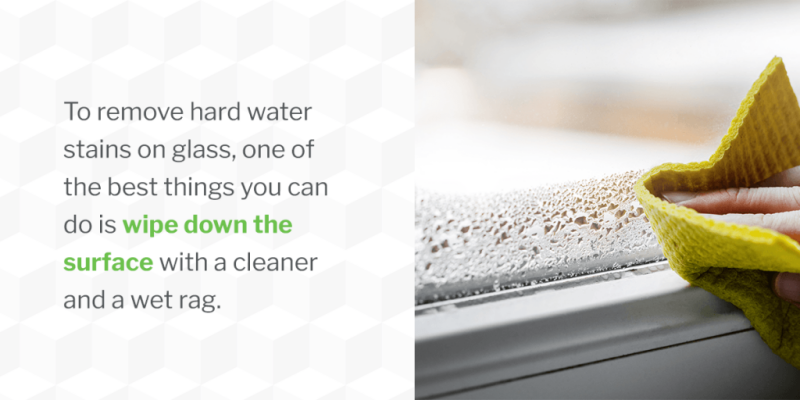
How to Prevent Hard Water Stains on Windows
Preventing hard water stains not only enhances the quality of your windows but also guards against mold and mildew growth. Here are five steps to avoid water stains inside your home:
Invest in a Portable or Whole-Home Dehumidifier: Using a dehumidifier in your home reduces airborne moisture, eliminates odors, and prevents the growth of mold, mildew, and bacteria. It also helps reduce condensation on your windows.
Use Fans in the Kitchen and Bathroom: Since kitchens and bathrooms generate the most moisture, using exhaust fans while cooking and showering can minimize condensation. Covering pots and pans while cooking can also reduce steam release, and running the bathroom fan after a shower helps reduce condensation buildup.
Keep Interior Doors Open When Feasible: Leaving interior doors ajar promotes air circulation throughout your home, which can mitigate condensation. Additionally, consider using fans or opening windows on clear days to enhance airflow.
Trim Shrubs and Trees Around Windows and Doors: Trimming vegetation near doors and windows promotes proper air circulation and allows sunlight to warm the glass. As a result, dew evaporates from exterior windows, reducing the likelihood of condensation.
Adjust Your Air Conditioner's Temperature: Raising the temperature of your air conditioner can keep the window glass warmer and prevent condensation.
How to Prevent Water Stains in the Future
To prevent water stains on glass in the long term, monitor and manage humidity levels in your home, whether it's dealing with water stains on exterior windows or interior panes. Here are some additional tips to help you prevent water stains:
Monitor Shower Usage: Bathrooms are typically one of the most humid areas in a home. To minimize condensation, keep shower water temperatures lower and take shorter showers. Placing a bathmat to absorb excess water can also help reduce the chances of condensation.
Address Steam-Producing Appliances: When using appliances like kettles or coffee makers that produce steam, consider using lids or ventilated cooker hoods to contain the steam.
Close Kitchen and Bathroom Doors: These rooms generate significant humidity, so closing the doors can prevent excess moisture from spreading into cooler rooms and creating condensation.
Avoid Indoor Laundry Drying: If possible, refrain from drying laundry indoors, especially during cold weather, as the evaporation can lead to additional condensation.
Maintain Appliances: Check and maintain gas heaters, stovetops, and ovens to ensure they are adequately ventilated, reducing the risk of condensation.
Insulate Basements and Crawl Spaces: Properly insulate basements and crawl spaces to prevent the buildup of humidity or gas.
Choose Houseplants Wisely: Certain houseplants can exacerbate humidity problems, while others can help lower indoor humidity levels. Consider plants like Boston ferns, spider plants, cacti, English ivy, and peace lilies.
Check for Leaks: Regularly inspect and repair any leaks in your home, including gutters, roof coverings, rain screens, and downspouts.
Use Dehumidifiers: Consider using a dehumidifier in your home or place multiple dehumidifiers in various rooms to maintain optimal humidity levels.
By implementing these measures, you can effectively remove and prevent water stains caused by condensation, ensuring a cleaner and more comfortable living environment.
HHG is a professional glass manufacturer and glass solution provider include range of tempered glass, laminated glass, textured glass and etched glass. With more 20 years development, there are two produce lines of pattern glass ,two lines of float glass and one line of restoration glass. our products 80% ship to overseas, All our glass products are strict quality control and carefully packed in strong wooden case, ensure you receive the finest quality glass safety in time.
More Detail: www.hhglass.com





